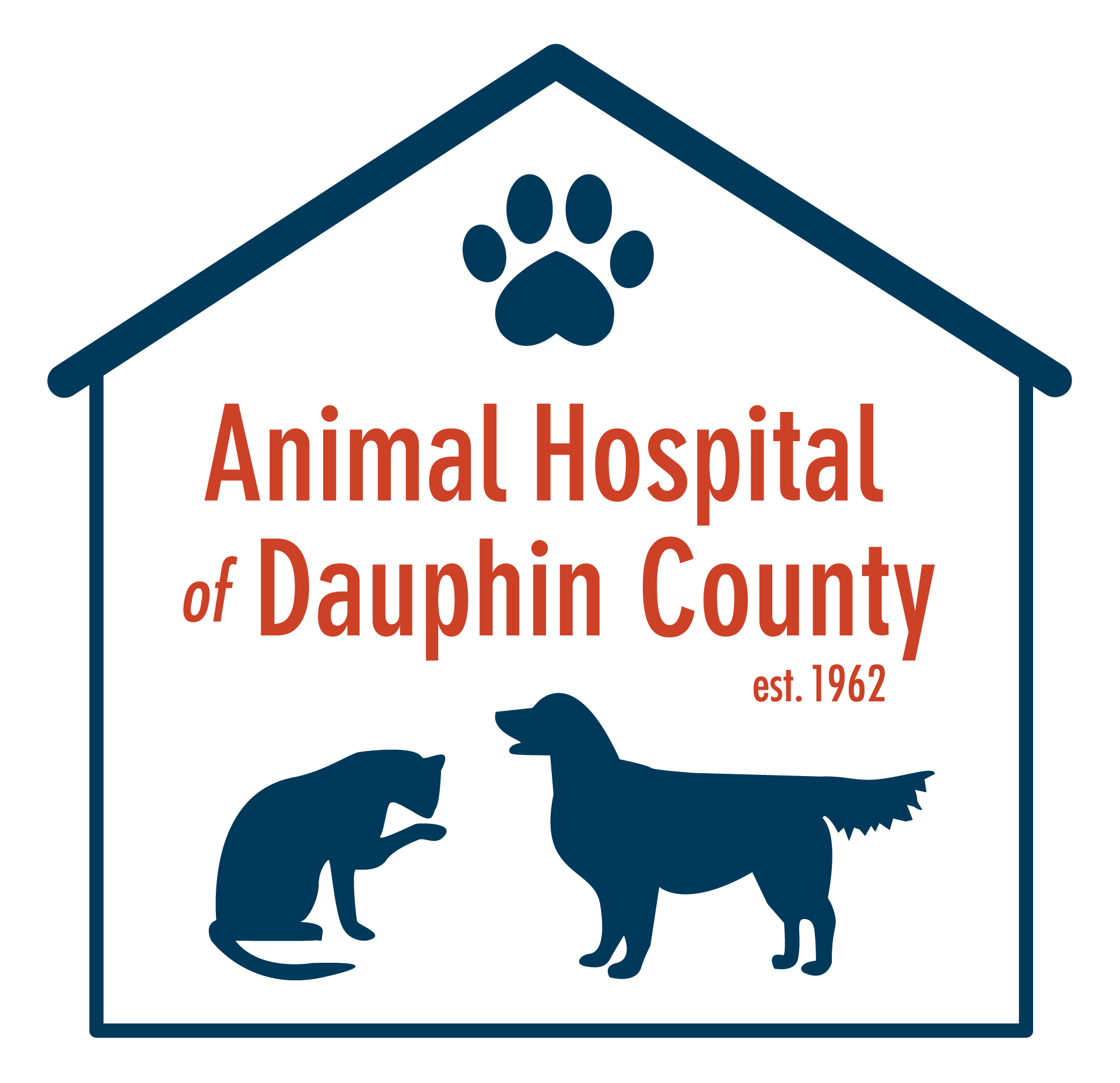Blog
October 16, 2024
October 21, 2019
September 27, 2017
July 12, 2017
April 20, 2017
April 20, 2017
January 25, 2017
November 23, 2016
August 4, 2016
April 21, 2016
December 14, 2015
August 5, 2015
November 4, 2011
February 2, 2011


